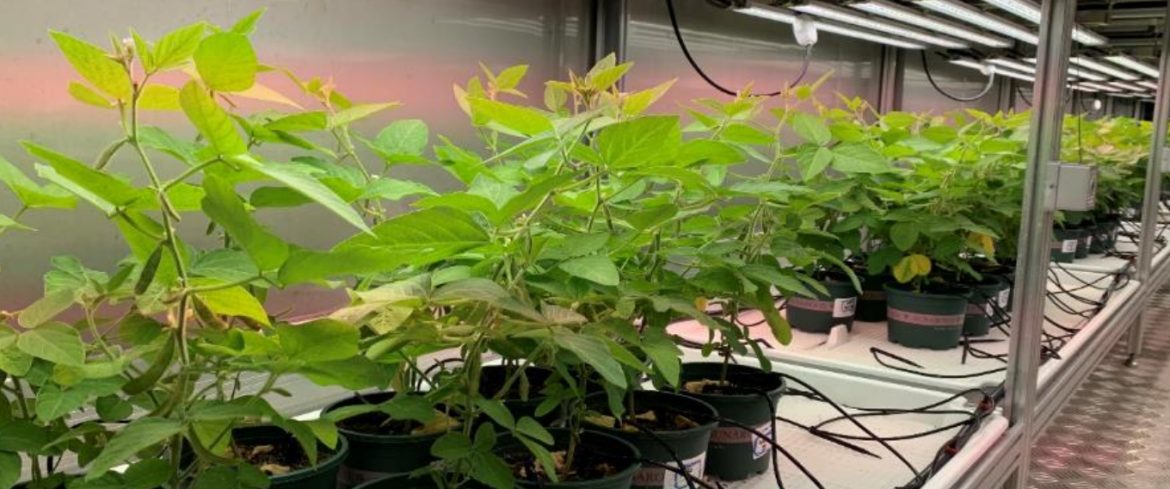Sustainable agriculture has become increasingly important as global populations grow and environmental pressures intensify. Farming solutions that prioritize resource efficiency, environmental preservation, and crop resilience are gaining attention in regions such as Europe, North America, and the Middle East. These solutions aim to reduce the ecological footprint of agriculture while maintaining high production standards. By integrating controlled growth environments, precision technologies, and scientific cultivation methods, modern farms are now able to optimize yields without compromising long-term soil and water health. Additionally, urban areas are exploring these solutions to improve local food security and minimize transportation-related emissions.
Integrating Technology for Efficiency
Modern sustainable farming solutions often rely on technology to enhance efficiency and consistency. Controlled environment agriculture, including plant factories and vertical farming systems, allows for precise management of light, temperature, humidity, and nutrient delivery. Advanced LED lighting and hydroponic techniques ensure crops receive optimal growth conditions, resulting in more uniform yields and efficient resource use. Countries like Singapore and Australia have shown significant interest in adopting such systems to secure local food supply while reducing dependency on imported produce. Moreover, automated monitoring systems allow growers to detect potential issues early, ensuring minimal resource waste.
Scientific Research and Crop Innovation
Research and innovation are at the core of sustainable agriculture. Companies like 4D Bios provide solutions that integrate scientific insights into practical cultivation systems. Their national-level laboratories are focused on developing new crop varieties, including soybeans, by simulating diverse growth environments to improve breeding efficiency. Such approaches help experienced growers implement advanced cultivation strategies, ensuring reliable performance under various conditions. By combining data-driven crop management and automated environmental control, these farming solutions promote both productivity and sustainability in large-scale operations. They also enable farmers to experiment with novel crop types that might adapt better to changing climate conditions.
Conclusion: Supporting the Future of Agriculture
Sustainable farming solutions are reshaping modern agriculture by offering methods that balance productivity, resource efficiency, and environmental responsibility. These systems are particularly valuable for experienced growers seeking reliable, technology-driven approaches to crop production. 4D Bios stands out as a provider of comprehensive plant factory solutions, integrating advanced lighting, crop nutrition management, and AI-based environmental controls. Their expertise supports large-scale production and the development of new crop varieties, helping farms in Europe, North America, the Middle East, Australia, and Singapore adopt sustainable practices while achieving consistent yields and long-term operational efficiency. By continuously innovating, they contribute to the global shift toward more resilient and environmentally conscious farming.




